How to Navigate Different Marketplace Regulations and Compliance
Managing a marketplace can be tricky, especially when you gotta deal with all sorts of regulations and compliances. If you're like us at OME Outsourcing, you know that keeping up with all the rules can feel like a never-ending game of whack-a-mole. But don’t worry, we got your back! Let’s break it down nice and simple.
1.Know the Rules for Each Platform
First up, each marketplace has its own regulations. eBay might have different rules compared to Amazon or Coles. For example, Amazon is super strict about product descriptions and reviews, while eBay focuses a lot on seller performance and customer service. It's crucial to read and understand each platform's policies. This helps you avoid surprises and keeps your business in good standing.
2. Keep Your Listings Accurate
One common rule across all marketplaces is that your product listings need to be accurate. Misleading descriptions or incorrect information can lead to penalties. Make sure your product details match what you’re actually selling. If you say a product is "new," it better be brand new!
3. Keep Up with Changing Rules
Marketplace rules aren’t set in stone. They can change, so it’s super important to keep up with any updates. Sign up for newsletters or alerts from each marketplace to stay in the loop. This way, you’ll know about any new rules or changes before they affect your business.
4. Understand the Fees and Charges
Different marketplaces have different fee structures. Amazon might charge you per item sold, while eBay could have listing fees and final value fees. Knowing these can help you price your products better and avoid unexpected costs.
5. Understand Product Restrictions
Every marketplace has a list of products you can’t sell. Some of these rules are pretty strict, especially for medical supplies. Make sure you know what’s allowed and what’s not. If you're unsure, reach out to the marketplace support team. It's better to ask than to get banned.
6. Follow the Compliance Guidelines
For medical or health products, the rules are even stricter. You need to make sure you’re complying with regulations for things like safety and labeling. Each platform will have its own set of guidelines for these types of products, so don’t skip this part. If you’re unsure, it might be worth getting some expert advice.
7. Use Tools to Help Manage Compliance
There are tools out there that can help you keep track of different marketplace regulations. Look for software that helps with compliance management or integrates with your store to make things easier. It can save you a lot of time and hassle!
8. Documentation is Key
Always keep your paperwork in order. This includes licenses, product certifications, and any other necessary documents. Marketplaces like Amazon and eBay often conduct random checks. Having your docs ready can save you a lot of trouble.
9. Train Your Team
Your team needs to know the rules too. Regular training sessions can keep everyone on the same page. At OME Outsourcing, we offer training programs that help businesses like yours stay compliant. So, make sure your team is up to speed on the latest regulations.
10. Plan for Audits
Audits are part of the game. Instead of dreading them, plan for them. Have a checklist ready and make sure all your documents are in order. Regular internal audits can help you spot any issues before the regulators do.
11. Don’t Be Afraid to Ask for Help
If you’re feeling overwhelmed, it’s okay to ask for help. Consultants, lawyers, or even the support teams of the marketplaces themselves can provide valuable assistance.
Navigating marketplace regulations and compliance might seem like a hassle, but with these tips, you’ll be a pro in no time. At OME Outsourcing, we’ve been through it all and we’re here to share our knowledge. Keep these tips in mind, stay informed, and keep your business running smoothly.
